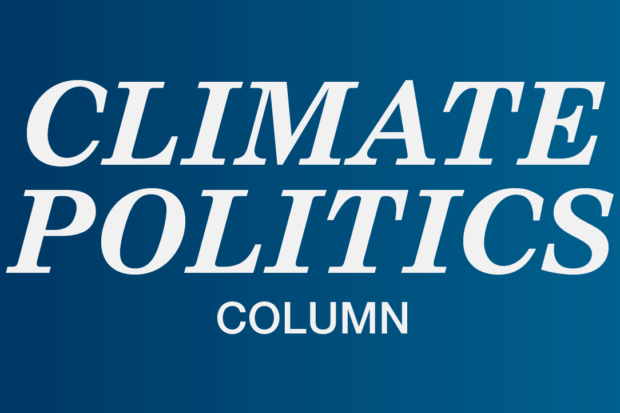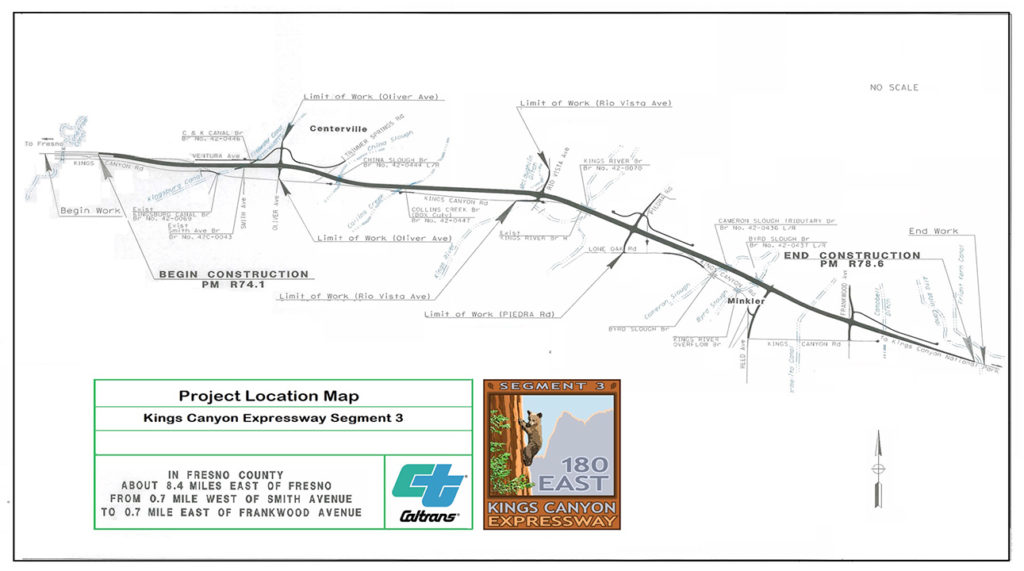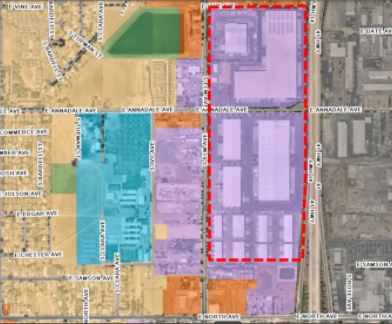
By Kevin Hall
Twenty years ago, local business and political leaders learned an important lesson at the ballot box: People really want clean air. That’s why in 2002 voters rejected the first renewal attempt for Measure C, our half-cent countywide transportation sales tax, and why they’ll be called on to do so again in 2022.
Because this time around it’s about the climate, and our leaders just don’t get it.
Just as the freeway-backers of the tax’s first iterations in the 1980s and 2000s sought to avoid discussion of vehicle exhaust’s harmful impacts, today they reject the evidence of destabilizing weather patterns caused by global warming.
They’d also like to again ignore the increasing number of people living in frontline rural and inner-city communities where climate change and Measure C–funded pollution hit families hardest. Their neighborhoods receive the lowest transportation investments, yet residents must pay a disproportionate share of their income toward the tax, another added cost of poverty.
After “C” was first passed in 1986 to last 20 years, elected leaders immediately altered the ballot’s voter-approved priorities. They moved Highway 168—it had polled badly before the election—to the top of the list, ahead of inner-city and rural needs.
Voters remembered that half-billion-dollar deception 15 years later. They rejected the program’s deadly synergy of freeway construction, sprawl and air pollution that had
- Robbed neighborhoods of street and sidewalk repairs
- Ignored the transit needs of workers, students and seniors
- Isolated people living in car-less households
- Denied children healthy lives and everybody full ones
Only 25% of the first Measure C went to local roads and little or none to transit. For 15 years, most of the money went to gouge the “Sierra Freeway” through the heart of Fresno. Better termed the “White Flight Path,” its wide runway now roars with commuter traffic from distant Clovis suburbs and foothill exurbs.

Meanwhile, semi-trucks continued to choke West Fresno neighborhoods with diesel toxins for decades while relief in the form of 180 West was delayed in favor of the northward exodus.
Voters rejected the continuation of such injustices. A coalition of community groups successfully campaigned in opposition with a simple slogan, “Got Smog? Got Asthma? No on C.”
Two years and many hours of facilitated negotiations later, a compromise was reached. Voters approved of its revised spending plan that split the fund into equal thirds of freeway expansion, local roads and alternative modes.
It was a significant shift.
Two decades later, our inordinately expensive, overbuilt freeway network is complete. It’s time to “enhance capacity” with large-scale investments in regional transit and road maintenance. Let’s expand the agency’s mandate to include solar energy production and storage, and prepare to capture the matching federal and state funds now shifting to green transportation systems.
We live in a world racing to end carbon and methane combustion in order to survive. Steep cuts must be made before 2030, mostly in transportation. The secretly assembled committee now claiming to be in charge of Measure C has no sense of the urgency of our time.
Stop the Perea Rezone!
Black History Month came with a slap in the face to residents of West Fresno, courtesy of Henry R. Perea. The former mayoral candidate, county supervisor and District 1 Fresno City Council member tried to jam a major industrial rezone proposal through the city planning commission on Feb. 3.
“I feel this is very disrespectful. To overturn what we worked so hard for,” said Kimberly McCoy, project director at Fresno Building Healthy Communities, of the Southwest Specific Plan.
Completed after two years and countless hours of community input, the plan was unanimously approved by the City Council in December 2017 with the aim of ending Fresno’s decades of placing major polluters next to homes in the city’s historically redlined neighborhoods west of Highway 99 by stopping all further industrial growth. Existing businesses were grandfathered in, but not their industrial zoning.
“If you know anything about our community at all, you know the hazardous conditions that our residents must live under because of the inappropriate planning for our community,” longtime advocate Bob Mitchell said to the commission.
Now Perea says he wants to take his clients’ zoning back to where they were “20 years ago”—when he was on the City Council and the Redevelopment Agency—so that they can remodel without environmental review or be subject to the new, more health-protective limitations implemented four years ago.
The item is slated to return to the city planning commission on March 17 under the title “Plan Amendment Application No. P20-01665, Rezone Application No. P20-01665.” For many in the opposition, it is simply known as “The Perea Rezone.” Let’s stand with West Fresno residents to stop it.
Radical change is already under way as vehicle, energy and information technologies merge. The transportation sector is being as fundamentally altered as communication systems have been. Fully autonomous cars and trucks will dominate the roads this decade.
Solar-powered transit centers with electric vehicles will be the new freeways, the new infrastructure that the state and federal agencies will be funding. Equipped with energy generation and stationary storage, their fleets of autonomous electric cars, vans and buses would offer free service or a freeway—on demand—throughout the county. They are the new infrastructure.

Now we can pave freeway banks with solar panels to power nearby bus lines serving corridors of mixed-use urban development. Neighborhoods made walkable, school routes safe. Rural towns’ main streets and Fresno-Clovis boulevards can emphasize foot, bike and transit options—even provide public restrooms—accessible to all regardless of location, income, youth or mobility.
Let’s plan to look back one day soon and say, “We did it.” Just like the freeway builders of old do today.
*****
Kevin Hall hosts Climate Politics on KFCF 88.1 FM every second and fourth Friday, 5 p.m.–6 p.m. He tweets as @airfrezno and @sjvalleyclimate and coordinates an informal network of climate activists at www.valleyclimate.org. Contact him at sjvalleyclimate@gmail.com for presentations and information.
